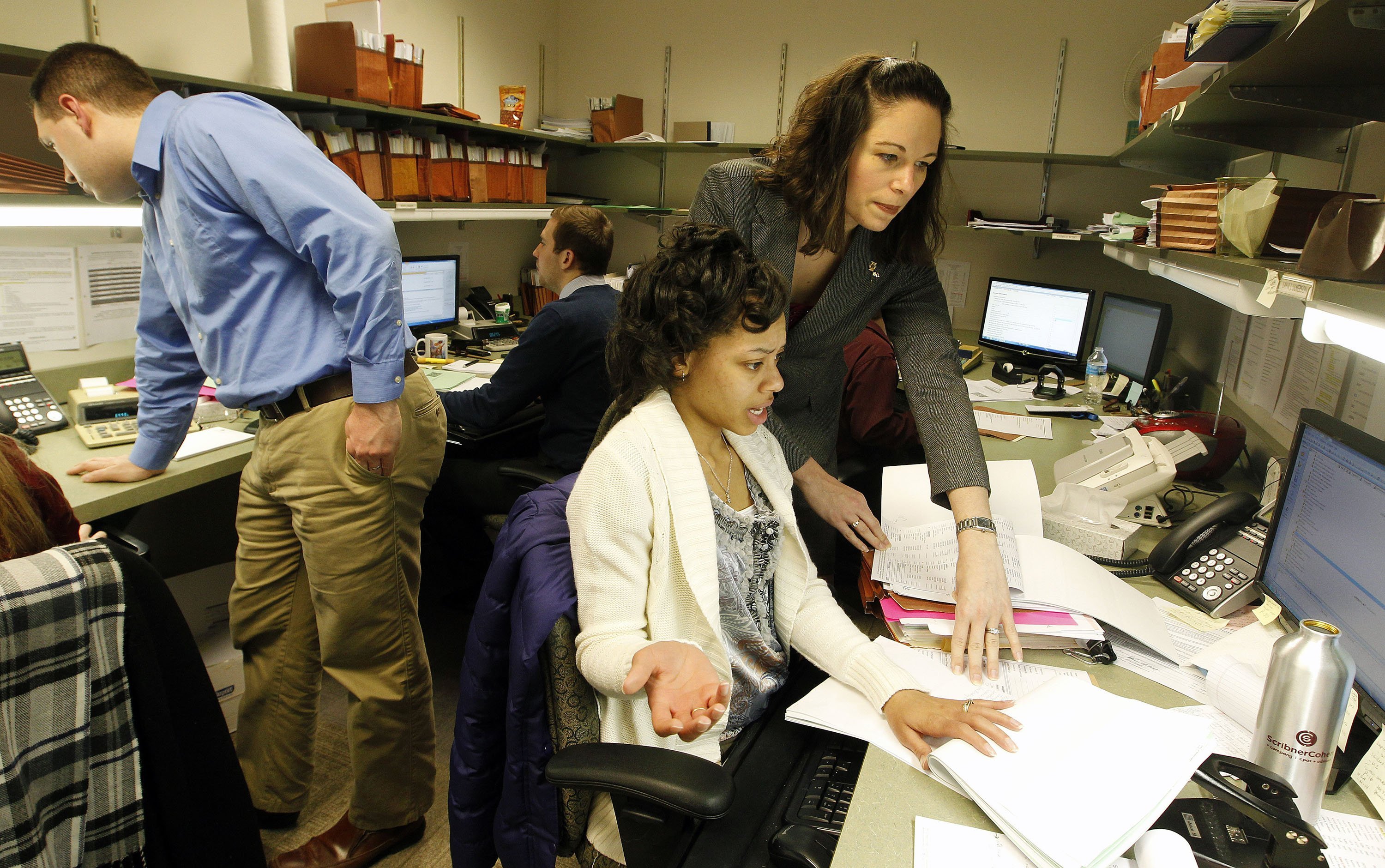Even if you’re not sure, have a plan
We’ve all been told that we should find a job doing what we love. Unfortunately for me, my chances of becoming an NFL player are now nearly zero, given that I haven’t played in years. My dreams of being a professional trap shooter? Those are probably out the window as well. I do have other interests, but the careers relating to them won’t support the size of family I’d like to have. Surely there must be something missing from this picture.
The reality is that the people who give this advice — your parents, family friends or other mentors — probably didn’t know they loved their particular field for a long time, maybe not even until they’d begun working in it. Many of them gave up what they initially thought they “loved” in order to find their current career.
After all, who grows up saying they want to be an accountant? A few of you may actually respond that you did, but not nearly as many as will one day say that you love being one.
The challenge then is to discover your passion as quickly as possible. Some patience will probably be required, but no one wants to slave away 10 or more years at a job they dislike.
In a few cases, majors can be indicative of the career fields they lead to. For the most part, creative writing will always be creative writing, and drama will always be drama. Other majors, however, don’t correlate as directly. It’s perfectly normal to hear of education majors who go through 4 years of undergraduate, theory-based instruction only to find afterwards that they can’t tolerate children for 8 hours a day. This is one of many examples. It’s for this reason that the idea of internships was first developed.
Internships, per wikijob.co.uk, are “an opportunity to determine if [the intern] has interest in a particular career.” Students obviously have a great incentive to participate in internships if they want to solidify their career path. The difficulty, however, is that employers’ incentives are different from those of the students.
Many employers are only in the business of offering internships because they hope that once the agreement has ended the interns will stay on as full-time employees. Interns seeking only “career exploration” could end up being a waste of their time if they don’t continue on with the employer’s firm.
Personally, I discovered this the hard way. As I walked around the spring career fair, I noticed recruiters’ interest in me fading when I told them I wasn’t exactly sure of my future plans. It seemed they were hoping that I was already sold on their particular industry for my future career.
What can be done then, lie? Not exactly. The solution is to choose the career that you currently feel — even with imperfect knowledge — is the best for you and to move forward with it. This includes saying to those that would offer you positions that you intend to be with them for the foreseeable future.
Is it dishonest to tell recruiters that you would like a career with their firm when you’re not entirely sure? No. At the current moment that is, in fact, your plan. It may be subject to change, but it’s what you’re moving forward with. In the hypothetical case that nothing changes — but when does that happen anyway? — you really would wind up working for them.
In any case, though no one is quite sure what the future holds, oftentimes the only way to find out is to move forward with what you have. If you devise the best workable plan and make adjustments as you go, chances are high of eventually finding something you love.
— Levi Henrie is a sophomore majoring in economics and international studies from St. George, Utah. He can be contacted at levi.henrie@aggiemail.usu.edu.

